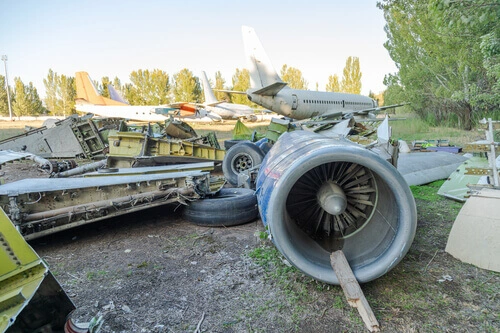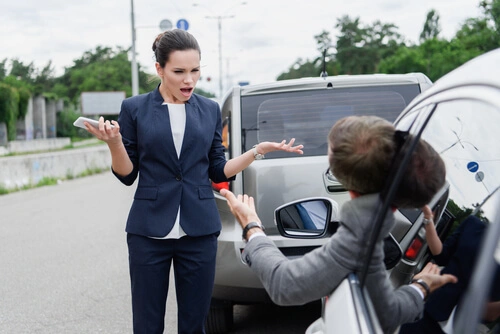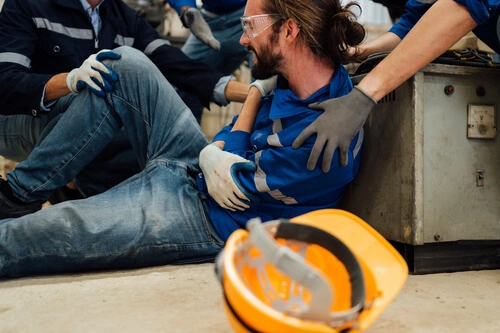Florida Appeals Court Rules in Favor of Plaintiff in Slip and Fall Case

On March 29th, 2017, the Florida’s Second District Court of Appeal ruled in favor of a plaintiff in a slip and fall case. The case, McNabb v. Bay Village Club Condominium Association, Inc., provides a good window into how Florida courts handle slip and fall cases. More specifically, this case turned on the issue of property owner ‘notice’. Notice is an extremely important issue in many slip and fall cases. Here, our Tampa slip and fall accident attorneys discuss the case as well as the standard that Florida courts use to assess this issue.
Case Analysis
The Background
Jonathan McNabb filed a legal complaint after he was injured in a slip and fall accident that occurred at the Bay Village Condos. According to Mr. McNabb, he was injured after he slipped on what he assumed to be ‘leaking oil’ in the hallway of the ground floor of the building. Three days prior to the accident, a nearby elevator was inspected by a third party technician, and no leak was reported. Based on this evidence, Bay Villages moved for summary judgment, on the grounds that no evidence existed to suggest that they had any ‘notice’ of the existence of the safety hazard. Therefore, the company argued that it could not be held liable for Mr. McNabb’s injuries. A trial court agreed, granting their motion for summary judgement and dismissing the case.
The Appeals Court Reverses
The Second District Appeals Court ruled that the lower court’s decision was made in error. In their reasoning, the court pointed to the fact that Mr. McNabb had provided an affidavit from a professional mechanical engineer who assessed that the leak had been occurring for at least 18 days. The lower court had originally disregarded this testimony as ‘weak’. However, the appeals court ruled that this was ‘speculation’ by the trial court, and thus, not an appropriate finding at the summary judgment stage. With this testimony included, a legitimate dispute of material fact exists. Thus, the case is entitled to go through a full trial.
‘Notice’ in Slip and Fall Cases
The importance of ‘notice’ in a slip and fall case cannot be overstated. A property owner will only be held legally liable for another party’s injuries, if it can be established that the property owner knew or should have known about the underlying property defect. Put another way, liability requires property owner negligence. In most cases, proving negligence will require that the property owner either had ‘actual’ (meaning they knew) or constructive (meaning they should have known) notice of a property defect.
Request Your Free Case Evaluation Today
If you were injured in a slip and fall accident, it is imperative that you get your case in the hands of an experienced attorney as soon as possible after your accident. Your attorney will be able to comprehensively investigate your claim, and help ensure that you are able to obtain the evidence necessary to prove your case. Without strong evidence, your case is unlikely to be able to proceed.
To speak to our experienced Tampa Bay premises liability lawyers today, please call us at 813-242-4404 or contact our team directly online. At The Pawlowski//Mastrilli Law Group, we represent victims throughout the region, including in Hillsborough County, Pasco County and Pinellas County.
Resource:
2dca.org/opinions/Opinion_Pages/Opinion_Pages_2017/March/March%2029,%202017/2D15-5613.pdf










